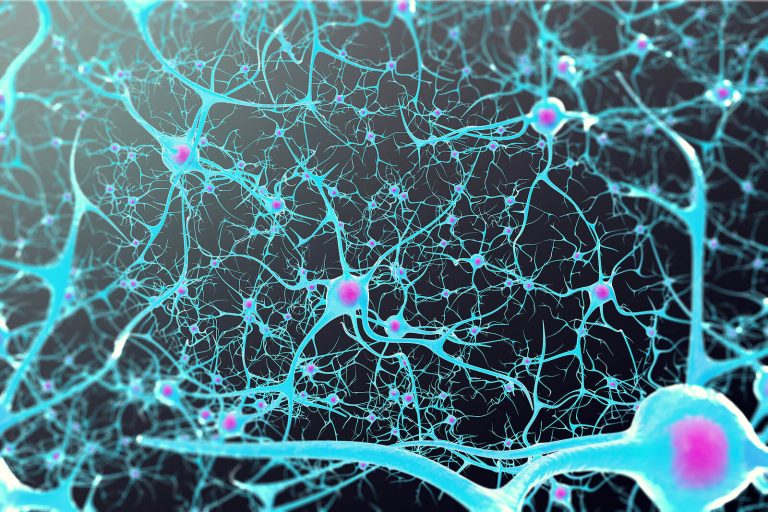Stages of Change

Thinking of making a change in your life? Great! Awareness is a great first step in making a change in life. In the field of psychology, there is a model called Transtheoretical Model (stages of change) that is often used by many mental health professionals. The model was introduced in the late 1970s by researchers James Prochaska and Carlo DiClemente who were studying ways to help people quit smoking at the time. It is currently one of the best known approaches to behavior change. Making a lasting change in behavior can be difficult and typically involves a commitment of time, effort, and emotion. According to this model, there are three important elements of changing a behavior including: Readiness to change, barriers to change, and likelihood of relapse. In this model, change occurs gradually and relapses are part of the process. In general, the model suggests that most people are resistant to change during the early stages, but they eventually develop a committed approach to change.
- Stage one: Precontemplation
The earliest stage of change is known as precontemplation. During this stage people are not considering a change in behavior. People might be “in denial” or not aware that their behavior is problematic. If someone is in the precontemplation stage, change is likely not on the raider.
- Stage two: Contemplation
During this stage, people become more aware of the potential benefits of making a change, which might create a strong sense of ambivalence about changing. This stage might last months or even years.
- Stage three: Preparation
During the preparation stage, a person might begin making small changes to prepare for a larger change realizing that it is a benefit to overall wellbeing. In addition, a person might start to collect more information about making the change and reach out to people in the support network to help them along the way. In the preparation phase, a person has made the realization that the pros of changing a target behavior outweigh the cons.
- Action
During the fourth stage of change, people begin taking direct action in order to make the change. This might look like reaching out to a mental health professional, making goals towards change, and taking small steps to make a change happen.
- Maintenance
The maintenance phase of the Stages of Change model involves successfully avoiding former behaviors and keeping up new behaviors. In this stage, people have sustained their behavior change for a while (more than 6 months). In addition, there is an intention to maintain the behavior change going forward.
- Termination
In this stage, people have no desire to return to their unhealthy behaviors. This is the last phase of change.
When considering this model, keep in mind that a person can exit and re-enter a stage at any point. It is not uncommon to bounce around in the various stages and it is a normal part of making any change. It is not easy to make a major change and make it stick! Furthermore, relapse is normal at any stage. Try to not let a setbacks undermine confidence. If lapsed back to an old behavior, take a look at why it happened. If considering making a change in life, take time to review this model. Contact Mountain Vista Psychology to make an appointment with a mental health professional to help with any change that is being considered!
Call For a FREE Consultation
We serve the Denver Metro area of Colorado. Click the button below to call and Schedule an Initial Consultation. To Schedule Neurofeedback or Testing please call us at 720-248-8603
Recent Articles
Dispelling Neurofeedback Myths
Neurofeedback has become increasingly popular as a therapeutic tool for clients, but it remains misunderstood by many. Misconceptions about its…
Autism Testing for Adults: Why Diagnosis Still Matters
What is Autism? Autism is a neurological difference that impacts how one scales social interactions, interpersonal relationships, and experiences the…
The Intersectionality of Autism & LGBTQIA Throughout the Lifespan
If you have a child (of any age) who you think may be Autistic, has been diagnosed as Autistic, or…
Autism Diagnosis Support Guide: Interventions, Therapy, and Accommodations for All Ages
Understanding Your Diagnosis An Autism or other mental health diagnosis may be very overwhelming. Understanding a diagnosis can help lessen…





